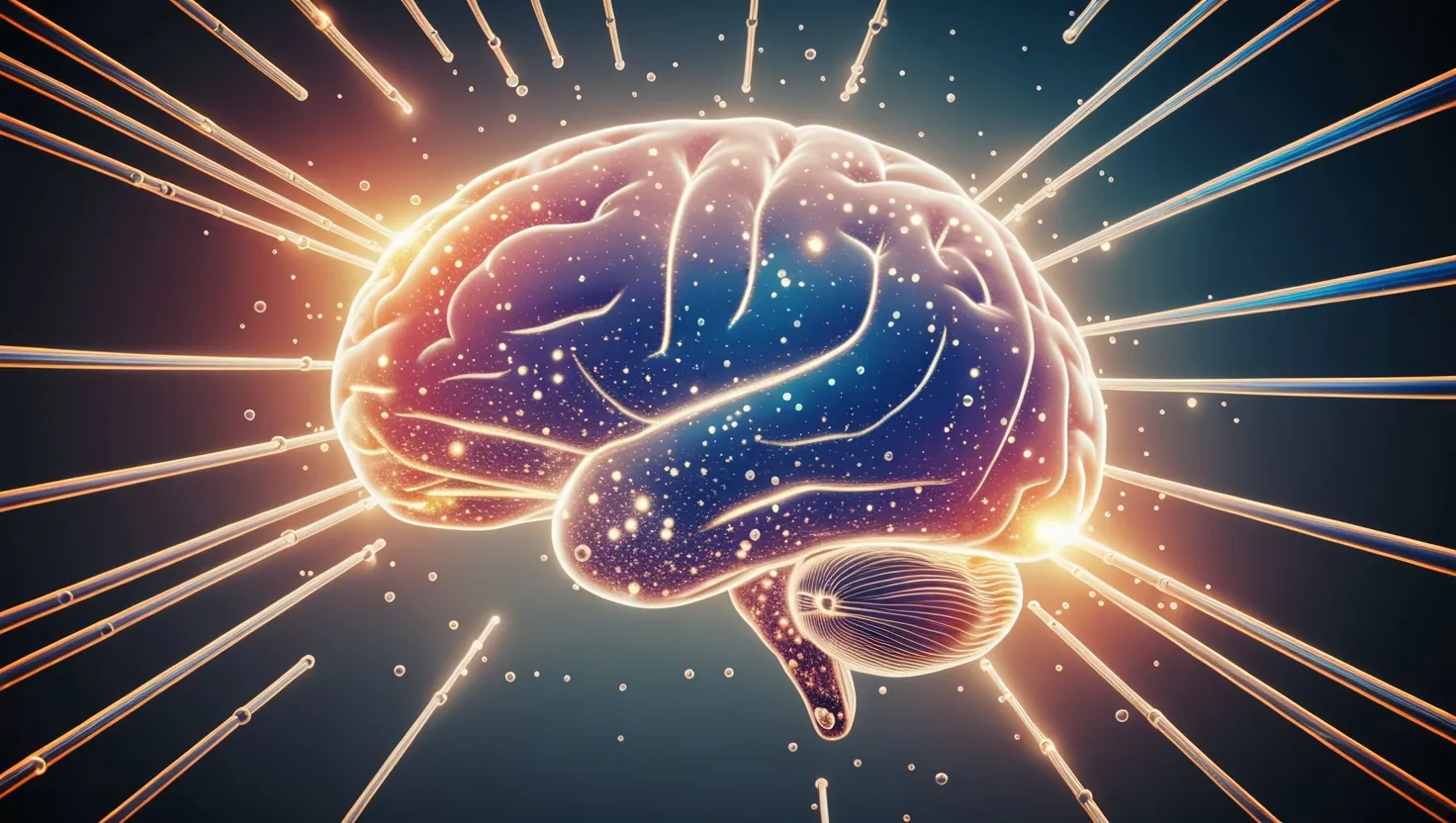Let’s chat about 5G, the latest buzzword in tech. There’s a lot of hype around its arrival, and with it, a fair share of concerns about its potential impact on health. Some folks are really worried, while others are totally unfazed. It’s essential to sift through the facts and myths about 5G and its supposed health effects to get a clearer picture.
First off, what exactly is 5G? It’s the newest generation of wireless tech, promising faster data transmission and more efficient connectivity. Unlike its predecessors, 5G operates on higher frequencies, some even above 6 GHz, known as millimeter waves (MMWs). These higher frequencies are what enable super quick data speeds and low latency, paving the way for cool stuff like self-driving cars, virtual reality, and advanced telemedicine. Sounds pretty futuristic, right?
Now, let’s address the elephant in the room: health concerns. One major worry is that 5G’s higher frequency means more exposure to radiofrequency (RF) radiation, which some fear could cause health issues. But, hold on—there’s a strong scientific consensus that there’s no solid evidence linking 5G to harmful health effects in humans or animals.
5G, like other wireless tech, uses non-ionizing radiation to get the job done. This leads to electromagnetic fields (EMFs), and some people think these EMFs might be bad news. However, numerous studies have shown that the EMF levels from 5G devices are too low to cause serious problems, like significant tissue heating or other health risks.
Speaking of tissue heating, that’s one possible effect of EMF exposure. But don’t panic—it’s usually short-term and minimal. Regulatory bodies like the Federal Communications Commission (FCC) have set exposure limits to ensure we’re not exposed to harmful levels of EMFs. So, we’re pretty much covered there.
Now, when it comes to cognitive function, there’s no solid link between EMF exposure and issues with our brains. A review of 43 studies on EMF and cognitive function found mixed evidence but no clear association. So, your brain cells are probably safe.
The topic of cancer often pops up in these discussions. The International Agency for Research on Cancer (IARC) has labeled EMFs as “possibly carcinogenic” based on limited evidence. Most studies probing the link between EMFs and brain cancer have been inconsistent. There’s no strong proof that 5G frequencies can spur cancer development.
One of the wilder claims out there is that 5G is somehow linked to COVID-19. Let’s bust that myth right here—it’s completely false. There’s no scientific basis to the idea that 5G networks are spreading COVID-19. Trusted sources like the World Health Organization (WHO) and the FCC have debunked this myth thoroughly.
The broader scientific community has delved deeply into the health effects of RF radiation, including what comes from 5G. Groups like the WHO, the International Commission on Non-Ionizing Radiation Protection (ICNIRP), and the U.S. Food and Drug Administration (FDA) all agree—when RF energy exposure from mobile devices, including 5G, stays within recommended limits, it doesn’t lead to adverse health effects.
But it’s not all about addressing concerns—5G has some pretty sweet perks, especially in healthcare. Think faster data transmission, low latency, and overall better service quality. These benefits can tackle some of our current healthcare challenges, driving innovations in telemedicine, remote monitoring, and even robotic surgery. Faster, more reliable connections can make healthcare services more accessible and efficient—a win-win for everyone.
While existing evidence leans towards 5G being safe, it’s crucial to keep studying its effects, especially at those higher frequencies. Ongoing research needs to look into the nonthermal effects of these frequencies to make sure we’re catching any potential risks. A balanced strategy focused on risk-reducing devices, the necessity of risk reduction, and engineering for safer environments can help weigh the pros and cons of 5G tech.
In a nutshell, the science-backed message is that 5G isn’t a villain. There’s no concrete evidence it causes significant health problems or has any role in spreading COVID-19. As 5G continues to spread and become an integral part of life, it’s key to stick to credible sources and stay wary of misinformation, which tends to spread like wildfire, especially during crises.
So, here’s to staying informed, debunking myths, and embracing the future of connectivity with a well-informed perspective.






